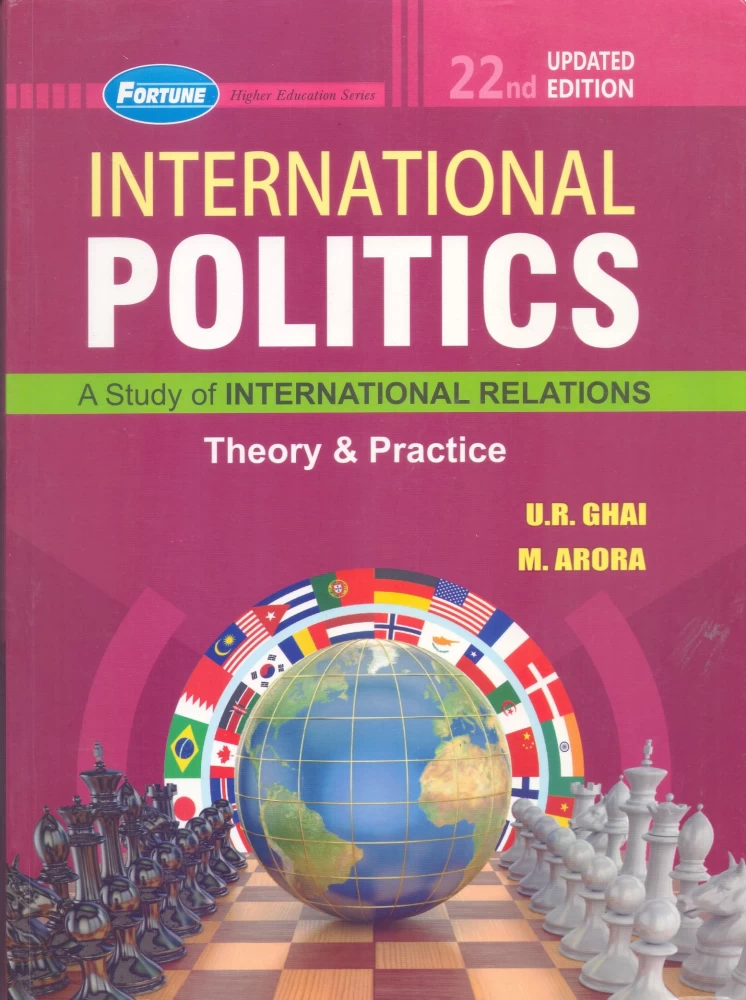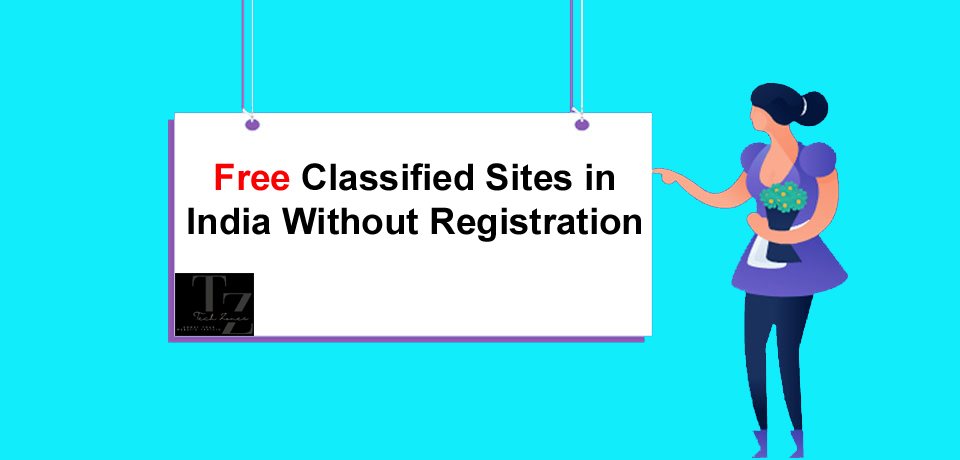Who is the author of the book international politics
Who is the author of the book international politics, You’re sitting in class as your professor talks about the assigned reading for the week, a book called International Politics. While you were able to get through the chapters, you found some parts kind of dry and textbook-y. But one thing that caught your interest was the author’s unique perspective on the current state of global affairs. So you start wondering – who is this mysterious author that your prof keeps crediting for these intriguing ideas? Time for some internet sleuthing. In this post, we’ll uncover the story of the scholar behind International Politics to understand the experiences that shaped their worldview. With some quick searches and clicks, you’ll learn where they studied, their career path, and what led them to writing this book. Sometimes knowing the author’s background can open up new ways of thinking about their work.

Understanding International Politics as a Subject
International politics is the study of how countries interact and relate with each other. It focuses on global issues like war and peace, diplomacy, alliances, trade, and treaties between nations. Some of the central concepts in international politics include power, nationalism, sovereignty, and globalization.
Issues of Power and Influence
Much of international politics revolves around how countries gain and exert power and influence over one another. Things like military strength, economic dominance, and diplomatic pressure are all means by which countries can gain power on the global stage. However, the politics of power also involves cooperation and the formation of alliances between countries.
Nationalism and Sovereignty
Countries also act in their own self-interest based on a sense of nationalism – pride in one’s own country and culture. At the same time, countries value their sovereignty, or independence, and seek to limit interference in their internal affairs by outside powers. There is often tension between nationalism and global cooperation.
Globalization and Interdependence
In today’s globalized world, countries are increasingly economically and politically interdependent. Global trade, migration, the spread of culture and information via technology have all served to connect countries in new ways. However, globalization also brings challenges like the spread of transnational issues such as terrorism, climate change, and pandemics that require multinational cooperation to solve.
International politics shapes global affairs and influences relationships between countries all over the world. Studying this field helps shed light on the complex forces that drive cooperation and conflict within the global community. Although countries act in their own self-interest, they must work together on issues that transcend borders in an increasingly globalized planet.
A Brief History of the Field of International Politics
International politics emerged as an academic discipline around the beginning of the 20th century. Early thinkers like Hans Morgenthau studied how nations pursued power and national interests on the global stage.
The Post-World War II Era
After WWII, scholars explored how countries could cooperate to prevent another catastrophic conflict. Theories like liberalism and Marxism examined how shared democratic values and economic interdependence could foster peace. Institutions such as the United Nations were formed to facilitate diplomacy and collective security.
The Cold War
During the Cold War, international politics focused on the power struggle between the Western and Soviet blocs. Experts like Kenneth Waltz developed structural realism, arguing that the international system’s anarchic nature forced countries to maximize power to ensure their security. Other theories like game theory modeled strategic interactions between rival nations.
Post-Cold War Globalization
Following the Cold War, globalization intensified economic, social, and political connections across borders. Approaches like constructivism, feminism, and environmentalism incorporated non-state actors and non-traditional security issues. Complex interdependence and global governance theories assessed multilateral cooperation on challenges like climate change or weapons proliferation that transcend state boundaries. International politics remains a dynamic field. Ongoing debates consider how emerging technologies, economic crises, human rights norms, and other forces are reshaping global affairs in the 21st century. Looking ahead, international politics is poised to tackle some of the world’s most pressing problems and work towards a more just and sustainable future.
Introducing Joseph Nye – The Author of International Politics
Joseph Nye is a political scientist and former Dean of Harvard’s John F. Kennedy School of Government. He’s best known for pioneering the theory of “soft power” in international relations. In his book International Politics, Nye provides a comprehensive overview of global politics and international relations in the 21st century.
A Lifetime of Experience
Now in his 80s, Nye has spent decades studying and shaping politics on the global stage. He’s served as Assistant Secretary of Defense for International Security Affairs, Chair of the National Intelligence Council, and Director of the Center for Science and International Affairs at Harvard. With this wealth of experience, Nye brings an informed, balanced perspective to the complex challenges in today’s international politics.
Focus on Soft Power
Nye is best known for coining the term “soft power” to describe the ability to influence other nations through culture, values and foreign policies, rather than through force or coercion (what he calls “hard power”). In International Politics, Nye argues that soft power will become increasingly important in global politics. Countries like China and Russia are developing their soft power, while the U.S. risks losing its soft power edge.
A Realist’s View
While optimistic about cooperation, Nye maintains a realist’s view of human nature and global politics. He recognizes that power, fear, and self-interest often motivate countries more than ideals like democracy or human rights. Still, Nye believes global governance can improve through smart power, combining hard and soft power with cooperation and democratic alliances.
Overall, Joseph Nye brings decades of experience and a balanced, scholarly perspective to global politics. His theories of soft power and smart power provide insightful frameworks for understanding international relations in today’s globalized world. For anyone interested in politics, geopolitics or global affairs, Nye’s International Politics is essential reading.
Key Themes and Concepts in Nye’s International Politics
Joseph Nye’s theory of international politics focuses on several core ideas. Three of the most important are interdependence, soft power, and power diffusion.
Interdependence
Nye argues that the modern world is characterized by complex interdependence between countries. We rely on each other economically and are affected by the same global issues like climate change or terrorism. This interdependence constrains countries and requires cooperation. It means that military force is less useful as a source of power.
Soft Power
Nye coined the term “soft power” to refer to a country’s ability to attract and persuade. It comes from culture, political values, and foreign policies. Soft power is contrasted with “hard power,” which is the ability to coerce with military or economic strength. Nye says that in today’s world, soft power is increasingly important. The US and Western nations have traditionally had more soft power due to the spread of democratic values and culture.
Power Diffusion
Nye argues that power in the international system is becoming more diffuse. Power today is “dispersed among countries in a pattern that resembles a complex three-dimensional chess game.” While the US is still the most powerful country, power is now more evenly distributed and multidirectional. Regional powers like China and the EU have more influence, and non-state actors like corporations and NGOs also matter.
Nye’s theories provide a framework for understanding international relations that fits the modern, globalized world. Recognizing interdependence, employing soft power, and understanding the diffusion of power can help countries advance their interests and cooperate on shared challenges. Overall, Nye gives policymakers and analysts a useful way of thinking about power and influence on the global stage.
The Impact and Significance of International Politics by Joseph Nye
Joseph Nye’s book International Politics discusses the importance of “soft power” in global politics. Soft power refers to a nation’s ability to influence other countries through culture, political values, and foreign policies. ###According to Nye, a country’s soft power comes from three resources: its culture, its political values, and its foreign policies.
When a country’s culture, values and foreign policies are attractive to others, it wields soft power. Nye argues that soft power is just as important as a country’s hard power, which comes from military and economic strength. In today’s globalized world, soft power matters a great deal. Countries that are admired for their values and culture, like freedom and diversity, are able to spread their influence on the global stage.
Culture
A nation’s popular culture, arts, and media are hugely influential in generating soft power. For example, American pop culture is consumed all over the world, exposing people to American cultural values like freedom of expression. This familiarity breeds affection and trust in the U.S.
Values
Democratic values like freedom, human rights and rule of law are also a source of America’s soft power. Despite its flaws, the U.S. is still seen by many as an aspirational model of democracy. Countries want to emulate America’s democratic system and values.
Foreign Policies
Finally, soft power relies on a country’s foreign policies and whether they are perceived as legitimate or not. When a country’s foreign policies are seen as ethical, principled and beneficial for global welfare, it enhances that country’s soft power. For example, U.S. foreign aid and disaster relief efforts have boosted America’s soft power and prestige abroad. In summary, Nye’s theory of soft power shows why global influence today depends on more than just military and economic might. A country’s culture, values and enlightened policies can be just as essential for spreading its power and shaping world politics. Nye’s insights remain hugely relevant in today’s globalized world.
Also Read:- Reverse Psychology on a Taurus Man: Does It Really Work?
So there you have it. The author of the influential book International Politics is none other than Hans J. Morgenthau. His realist approach to analyzing relations between nations shaped an entire generation’s understanding of global affairs. Though the book was originally published way back in 1948, Morgenthau’s foundational concepts and theories are still widely taught in college courses today. His six principles of political realism made him one of the most prominent scholars of the 20th century in the field of international relations. Pretty amazing that the work of one thinker 70+ years ago still holds so much weight! But that’s the mark of a true classic. So if you find a copy of International Politics gathering dust on your shelf, crack it open and appreciate that you’re holding a piece of history in your hands. The words of Hans J. Morgenthau continue to echo through the halls of academia and politics worldwide.

